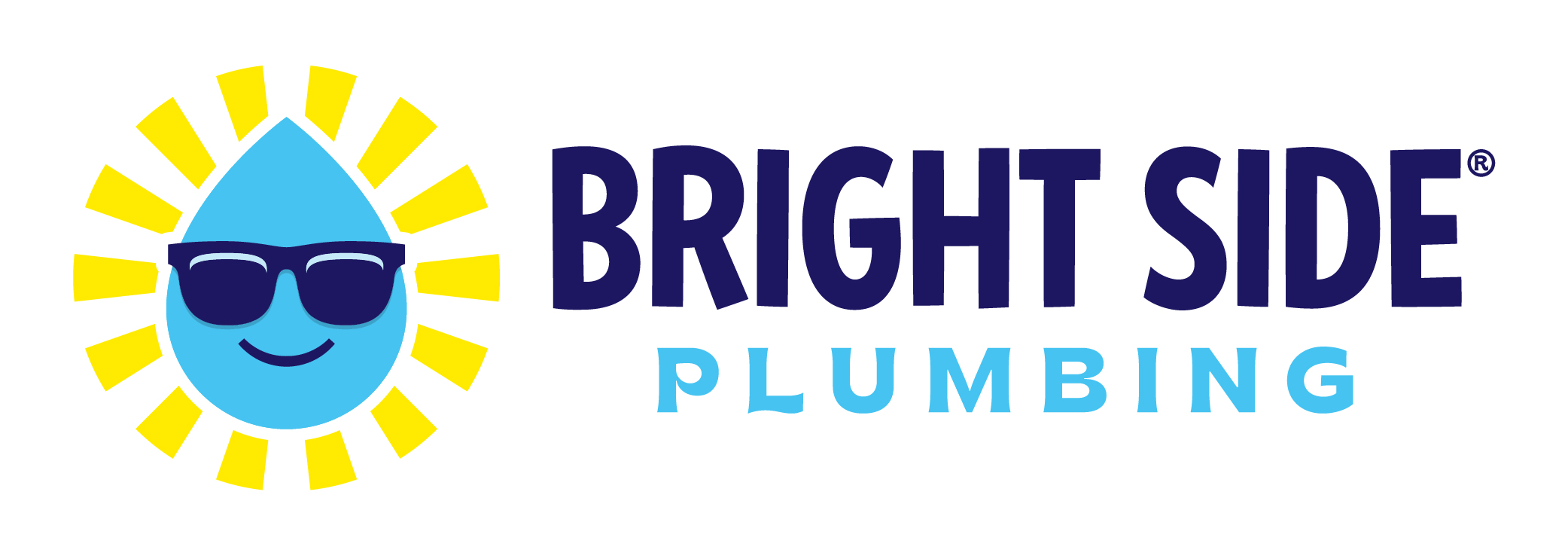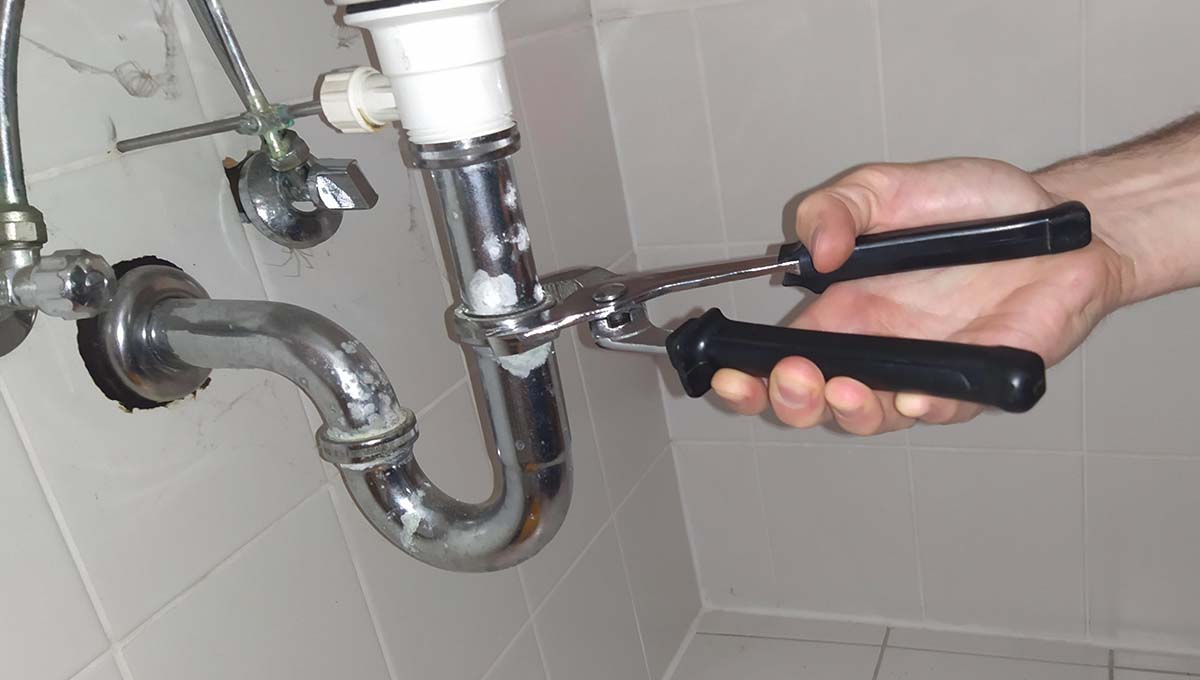Unclogging Drains: Effective DIY Methods and Prevention Tips
Introduction
Clogged drains are a common household problem that can be frustrating and inconvenient. When a drain becomes clogged, water and waste cannot flow freely, causing backups, foul odors, and potential damage to your plumbing system. Understanding the causes of clogged drains and learning effective methods for unclogging them can help you prevent them and maintain a healthy plumbing system.
What Causes Clogged Drains?
Several factors can contribute to clogged drains. One of the primary culprits is the accumulation of hair, soap scum, and other debris in bathroom drains. In kitchen drains, grease, food particles, and cooking oil are often to blame. Additionally, foreign objects mistakenly flushed down the toilet or rinsed down the sink can lead to blockages.
Common Signs of a Clogged Drain
Recognizing the signs of a clogged drain can help you take early action to prevent further complications. Slow drainage, gurgling sounds, unpleasant odors, and water backups are common indicators of a clogged drain. If you notice any of these signs, quickly addressing the issue is essential to avoid potential damage and costly repairs.
DIY Methods for Unclogging Drains
There are a few DIY methods you can try before seeking professional help. Combining baking soda and vinegar can break down clogs and restore proper drainage. Another technique is using manual drain snakes, which allow you to remove debris and obstructions from the drain physically.
Prevention Tips for Avoiding Clogged Drains
Preventive measures are crucial to avoid clogged drains. Avoid pouring grease or oil down the drain, which can cause blockages. Drain guards or screens to catch hair and debris are another preventive measure. Regular maintenance, such as flushing drains with hot water, can prevent clogs.
Importance of Professional Drain Cleaning
While DIY methods often resolve minor clogs, professional drain cleaning is essential for more stubborn or recurring clogs. Professional plumbers have the expertise and specialized tools to thoroughly clean your drains and remove even the most stubborn blockages. Regular drain cleaning can also help prevent future clogs and maintain the optimal functioning of your plumbing system.
When to Call a Plumber
Certain situations warrant the expertise of a professional plumber. If you've tried DIY methods without success or if you're experiencing frequent clogs, it's best to consult a plumber. They can assess the severity of the clog, identify any underlying issues, and provide effective solutions.
Drain Cleaning Services
Many plumbing companies offer drain cleaning services as part of their offerings. These services involve using professional-grade equipment and techniques to clear stubborn clogs. From hydro jetting to video inspections, drain cleaning services can effectively restore proper drainage and prevent future clogs.
The Benefits of Regular Drain Cleaning
Regular drain cleaning offers numerous benefits beyond unclogging drains. It helps prevent foul odors, reduces the risk of pipe corrosion and damage, and improves the overall efficiency of your plumbing system. Investing in routine drain cleaning can save money in the long run by avoiding costly repairs and replacements.
Our Conclusion
Clogged drains can disrupt your daily life and pose a threat to the health of your plumbing system. By understanding the causes of clogs, implementing preventive measures, and knowing when to seek professional help, you can effectively tackle clogged drains and maintain a smoothly running plumbing system.
FAQs About Clogged Drains
Q: Can I use chemical drain cleaners to unclog my drains?
A: While chemical drain cleaners may provide temporary relief, they can damage your pipes and the environment. It's best to opt for safer and more effective methods, such as baking soda and vinegar or calling a professional plumber.
Q: How often should I have my drains professionally cleaned?
A: The frequency of professional drain cleaning depends on various factors, such as the age of your plumbing system and recurring clogs. It's generally recommended to have your drains professionally cleaned every 1-2 years as a preventive measure.
Q: Are there any natural alternatives to chemical drain cleaners?
A: Yes, there are several natural alternatives to chemical drain cleaners. For example, pouring hot water, baking soda, and vinegar down the drain to break down clogs. Additionally, using enzymatic drain cleaners can help clear your drains without harsh chemicals.
Q: How can I prevent clogs in my kitchen sink drain?
A: To prevent clogs in your kitchen sink drain, avoid pouring grease, oil, or food scraps down the drain. Use a sink strainer to catch food particles, and periodically flush the drain with hot water to prevent buildup. You can also use a baking soda and vinegar mixture to help break down grease and oil buildup.
Q: Can clogged drains lead to more severe plumbing issues?
A: Yes, untreated clogged drains can lead to more severe plumbing issues, such as pipe damage, water leaks, or sewage backups. Promptly addressing clogs is crucial to avoid costly repairs and potential health hazards.
I hope this article has been helpful. If you have any other questions about clogged drains, please feel free to ask.
Additional Tips
- If you have a garbage disposal, be sure to use it properly. Do not put any hard objects or large food scraps down the disposal, as these can cause damage.
- If you have a dishwasher, be sure to run the disposal after each use to grind up any food particles that may have been left behind.
- Regularly flush your drains with hot water to help prevent clogs.
- If you notice a clog, try using a plunger or a drain snake before calling a plumber.
By following these tips, you can help keep your drains clog-free and your plumbing system in good working order.
I hope this article has been helpful.





